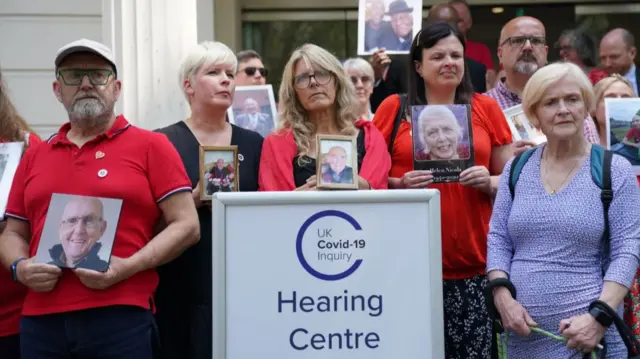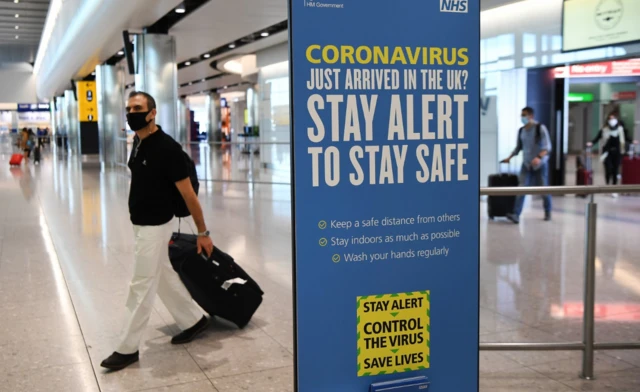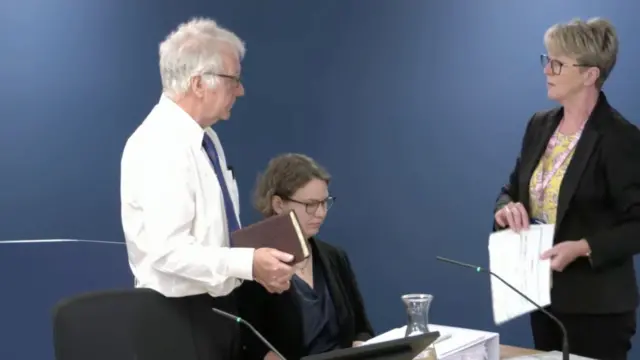That's it for todaypublished at 16:46 BST 14 June 2023
We're now ending our coverage of the UK's Covid inquiry for today. Thanks for joining us.
The BBC's health editor Hugh Pym and health reporter Jim Reed were the writers for today's live page. The editor was Alex Therrien.
You can read more about the Covid inquiry here.




